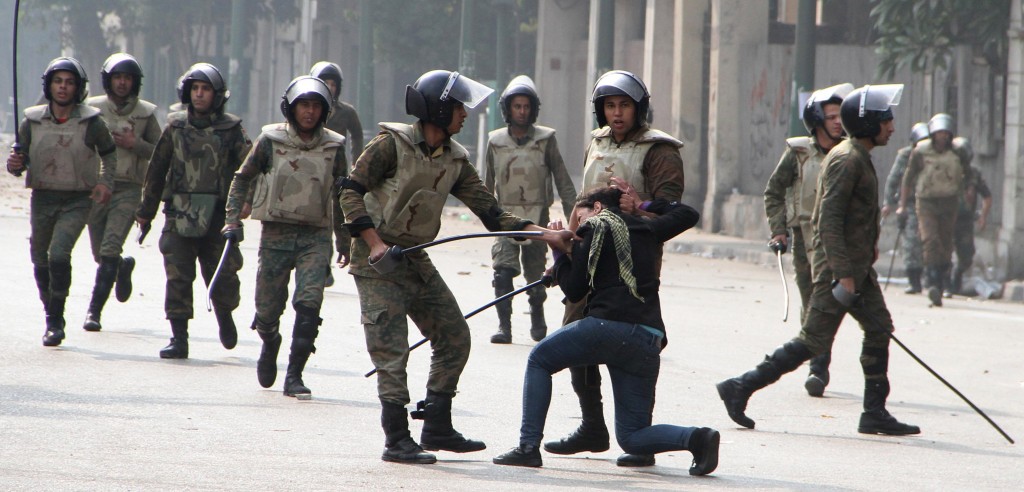Egypt New Asylum Law: A Step Backwards for Refugee Rights
On 19 November 2024, Egypt’s parliament approved a new asylum law that threatens to undermine refugee rights.
Amnesty International insist that President Abdel Fattah al-Sisi must reject this law, which risks further harm to those seeking protection in the country.
The new law drastically limits asylum seekers’ rights, removes important safeguards, and places the authority over asylum claims solely in the hands of the Egyptian government.
This move comes amidst a crackdown on refugees, particularly Sudanese refugees fleeing conflict in their home country.
Why Egypt’s New Asylum Law Must Be Rejected
The passage of the asylum law by Egypt’s parliament marks a troubling shift in how the country handles refugees and asylum seekers. The law thereby deprives the UNHCR of its long-standing function by centralizing the registration and refugee status determination procedures under Egyptian authorities.
This decision is compounded by the law’s explicit failure to prevent the practice of refoulement—forcing refugees to return to countries where they may face harm.
Moreover, the law introduces several provisions that would undermine the protection of refugees and asylum seekers. The law allows for arbitrary detention of individuals based solely on their migration status, which contradicts Egypt’s international obligations.
This development is particularly alarming given Egypt’s ongoing deportations of Sudanese refugees, who have fled violence in Sudan.
Key Flaws in Egypt Asylum Law
The new law’s flaws are numerous, and they fundamentally alter the asylum process in ways that compromise human rights. One of the most concerning aspects is the arbitrary 45-day limit for asylum seekers to submit their applications.
This deadline fails to account for the circumstances of vulnerable individuals, such as victims of trafficking or torture, who may struggle to meet the deadline due to trauma or lack of access to legal assistance.
Furthermore, the law introduces exclusion clauses that can deny asylum to individuals who have committed “serious crimes.” This provision fails to exempt political crimes, which could unfairly penalize individuals persecuted in their home countries for exercising their basic rights, such as freedom of expression.
Additionally, officials can exploit the law’s broad and vague language to reject asylum claims. The definitions of terms like “national security” and “public order” create opportunities for abuse.
And so, this lack of clarity threatens to put more refugees at risk of detention or removal from Egypt without due process.

The International Community’s Role in Protecting Refugee Rights
International bodies, especially the European Union (EU), must step up to ensure that Egypt does not ignore its obligations under international refugee law. As a close partner of Egypt, the EU has a responsibility to encourage the Egyptian government to amend the asylum law to protect refugees’ rights.
In particular, the EU must insist on safeguards that prevent further abuses, ensuring that any migration agreements with Egypt include human rights protections.
Amnesty International urges President al-Sisi to return the law to parliament for further consultations with human rights organizations, refugee groups, and other stakeholders. Only through such a process can Egypt amend the law to meet its international obligations and ensure dignified and respectful treatment of refugees.
Will President al-Sisi Protect Refugee Rights?
President al-Sisi’s decision on the new asylum law will determine the fate of refugees in Egypt. The law contains many provisions that violate basic refugee rights, so lawmakers must amend or reject it.
Will Egypt’s leaders act in accordance with international human rights standards, or will they continue to undermine protections for vulnerable refugees?
Read More















